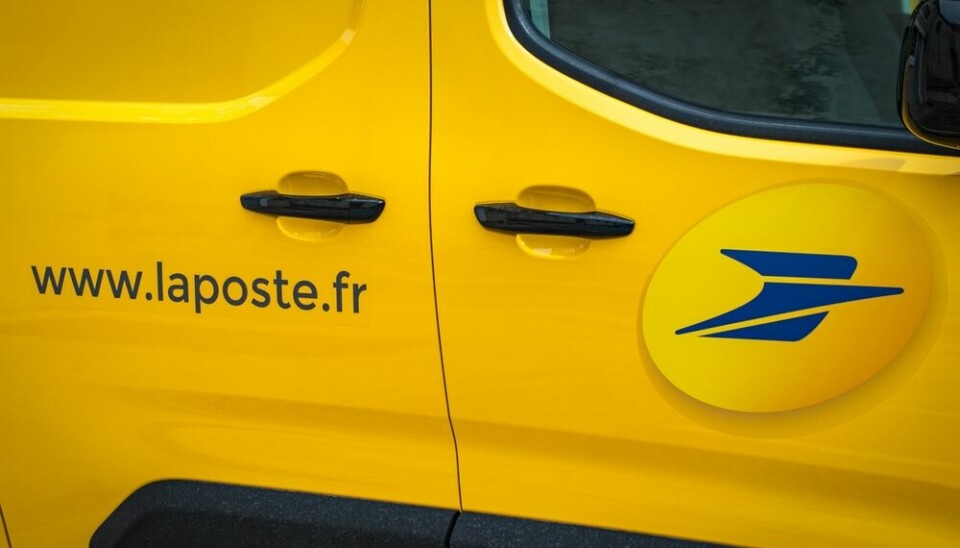French post office to move focus from letters to… meal deliveries
Only 15% of its work will be from letters by the end of this year, says La Poste CEO
La Poste has already started to diversify its services away from simple letter delivery, as physical post levels drop
page frederique/Shutterstock
The main function of the French post office will not be to deliver letters in the years to come - but to deliver meals, the CEO of La Poste has said, as the number of letters sent continues to drop.
Delivering meals is just one example of ways that La Poste is diversifying its services, after already beginning to focus increasingly on parcel deliveries and online shopping fulfilment, said La Poste CEO Philippe Wahl on April 10.
He was speaking in an interview with Senators and finance commission MPs. “We are still fulfilling our public service commitments, but they are under strain,” he said.
He added that in 1990, 70% of La Poste’s work was in delivering letters. In contrast, by the end of this year, this figure will have dropped to 15%.
Read also: 12 things you can do at a French post office other than buy stamps
This has led to a ‘€6 billion hole’ in the service’s finances, and a requirement for it to add extra services and delivery tasks for its 65,000 postal workers.
Mr Wahl said that the agency’s “challenge” was to ensure that La Poste “remains in service to the country, even when there are no more letters”.
One such service will be meal delivery, he said, along with continued online shopping parcel fulfilment. He believes it will be more used than their letter services within ten years.
Read also: French postal workers can scan priority letters for you at your home
La Poste already delivers home meals to isolated or vulnerable people, which - depending on the level of service - costs between €21.90 and €103.90 per month.
Currently, 15,000 of the 150,000 daily meal deliveries are made by La Poste, making them the largest operator in this sector. Mr Wahl expects this number to double by 30,000 by the end of 2024.
Other services introduced in recent years include offering welfare checks on elderly residents on normal postal routes, help with scanning digital letters, and even adding in-office changing rooms in some branches. The latter are aimed at people who buy clothes online, want to try them on as soon as they collect them, and return them instantly if they are not happy.
Services targeted at helping vulnerable and elderly residents are often carried out in conjunction with centres communaux d'action sociale (local community centres, or CCAS), hospitals, or specialist caterers.
New 'mobile' post offices on way
La Poste has also expanded services in rural areas, particularly for isolated residents.
On the other hand, Mr Wahl said some rural post offices receive "less than five clients per day," making them difficult to justify.
To combat this, La Poste are launching a new 'mobile post office' service (called camions jaunes or 'yellow lorries').
This initiative, particularly targeting rural areas, will see mobile postal units that can drive between different areas, offering 'multiple services', replacing the need for physical post offices.
The first step of the scheme will come into force at the end of April, said Mr Wahl.

























